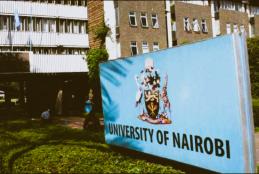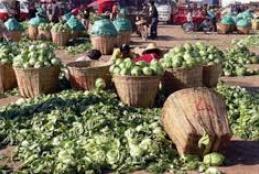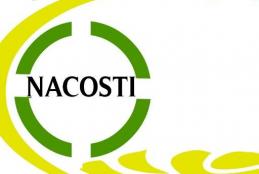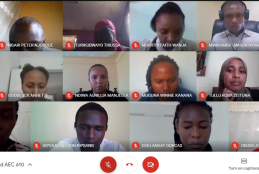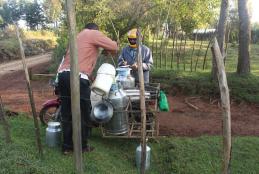UoN Ranked Ten In Africa
The University of Nairobi is position 10 in Africa according to the just released July 2020 Webometrics Ranking.
The ranking web of universities places UoN at position 1 in the East African region and 956 in the world. In the four parameters considered in this ranking, the UoN is position 198 in the presence rank, 1075 in impact, 749 in the openness rank and 1602 in excellence. The Ranking Web or Webometrics is the largest academic ranking of higher education institutions.
- Read more about UoN Ranked Ten In Africa
- Log in to post comments

